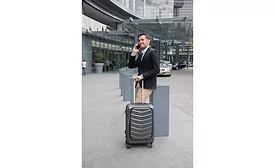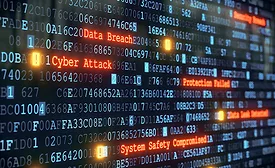Home » pandemic
Articles Tagged with ''pandemic''
Tackling emerging and longstanding workforce management challenges with access control
by ASIS International
July 8, 2020
Sign-up to receive top management & result-driven techniques in the industry.
Join over 20,000+ industry leaders who receive our premium content.
SIGN UP TODAY!Copyright ©2026. All Rights Reserved BNP Media.
Design, CMS, Hosting & Web Development :: ePublishing











